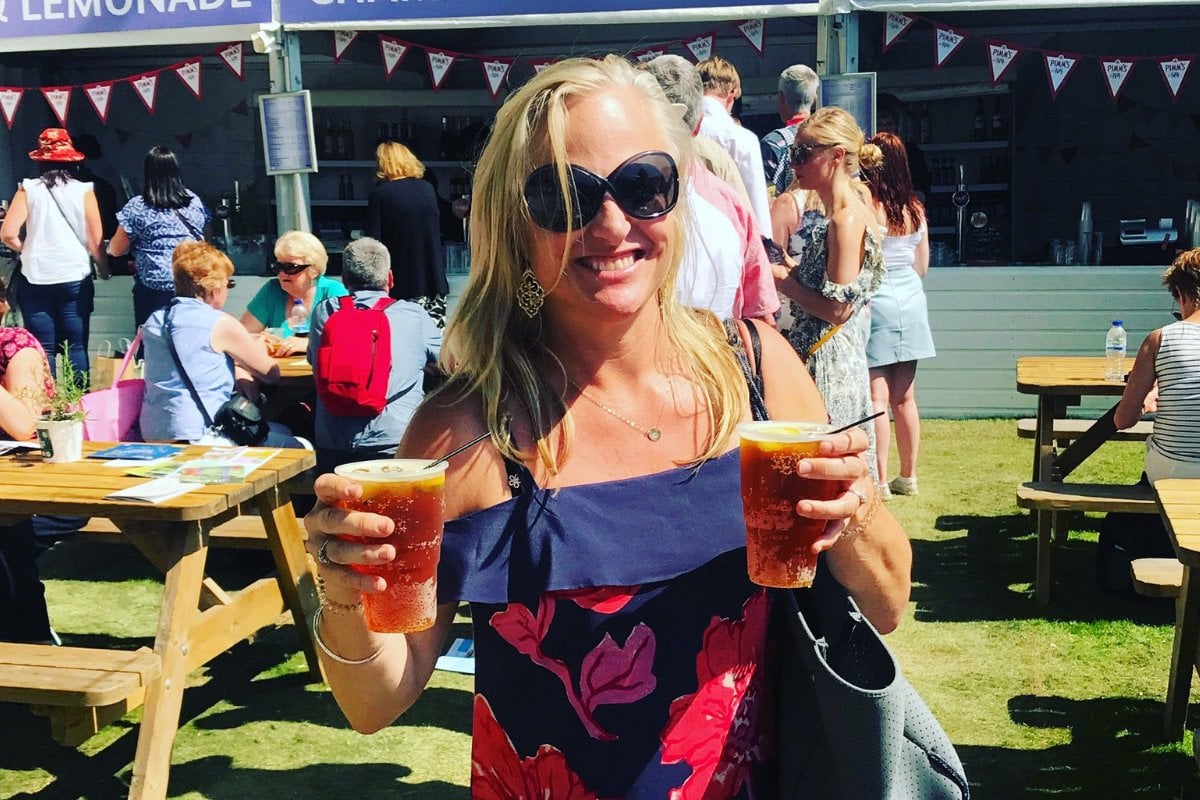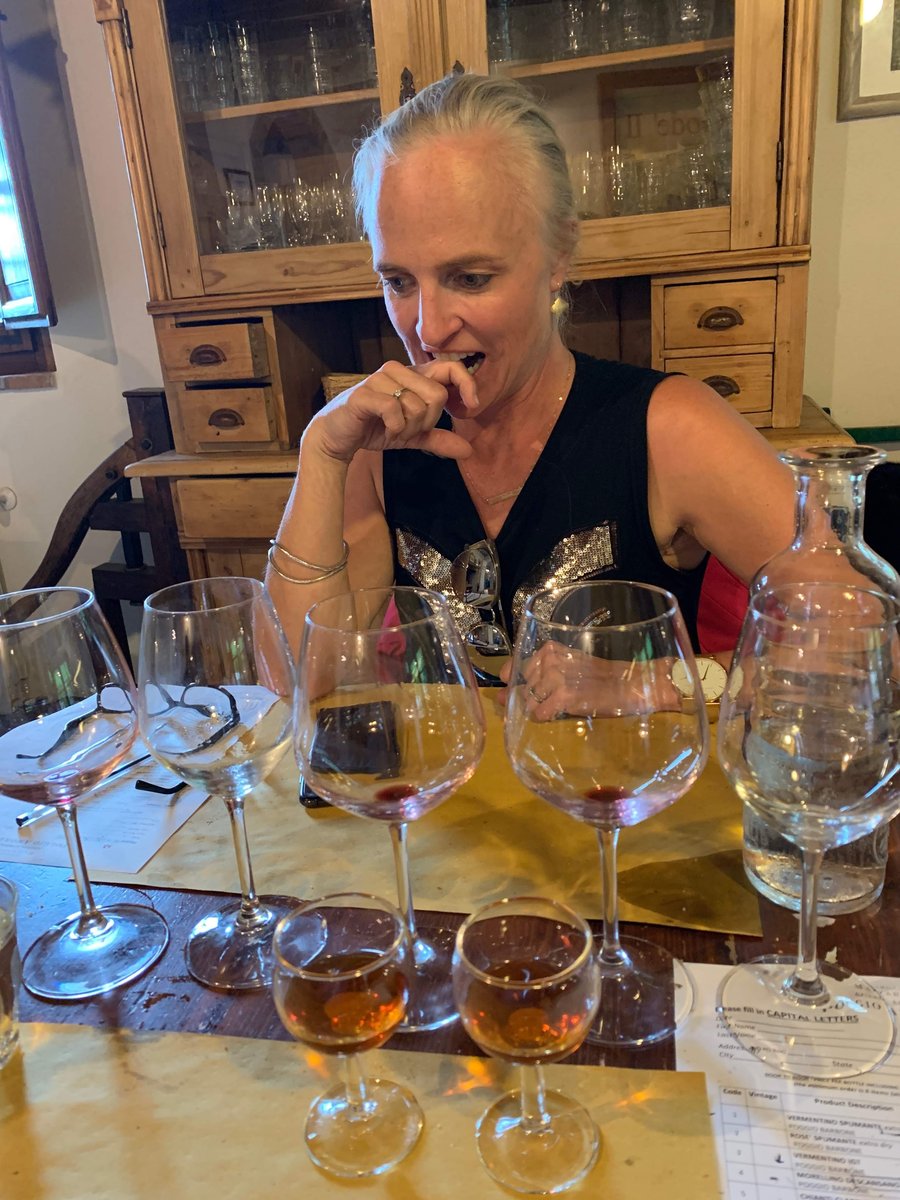
I woke up feeling the usual haze, was it a hangover? Hard to say. It was my 'normal,' and I knew I’d feel better once I got moving. Plus, there was that bottle of wine waiting for me at 5pm to chase away any lingering unease. The irony is, that drinking numbs everything.
I headed straight to the kitchen to make breakfast. As I slathered thick layers of butter and vegemite on four slices of white bread, my hands shook. Regret and self-hatred flooded in. "You’re a loser, you’re 53 what are you doing, you’re pathetic, an alcoholic, hopeless." The shame was relentless. I finished my toast, felt slightly better, and told myself it was just dehydration. "I’ll cut down tonight," I thought. Never did I consider an alcohol-free day.
Watch: Here are just some of the effects after one year without drinking alcohol. Post continues after video.
I had a gym class booked but skipped it. I felt way too awful to exercise. I collected the empty wine bottles and placed them in the recycling bin. When it was recycling bin night, there was always the clinking of two weeks' worth of empty wine bottles as I took the bin to the curb, a heavy reminder of my shame.
I got ready for work, feeling dizzy and disoriented as I walked to my car. "Weird," I thought, "Must’ve stood up too quickly." I arrived at my small business, latte in hand, ready to face the busy day. I kept a water bottle at the counter, constantly thirsty, but by midday, I'd had two litres of water without needing the bathroom.

